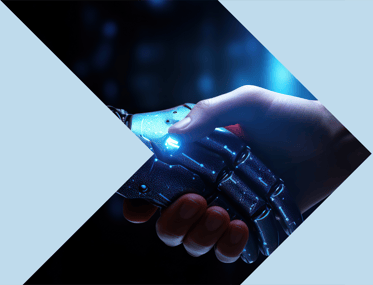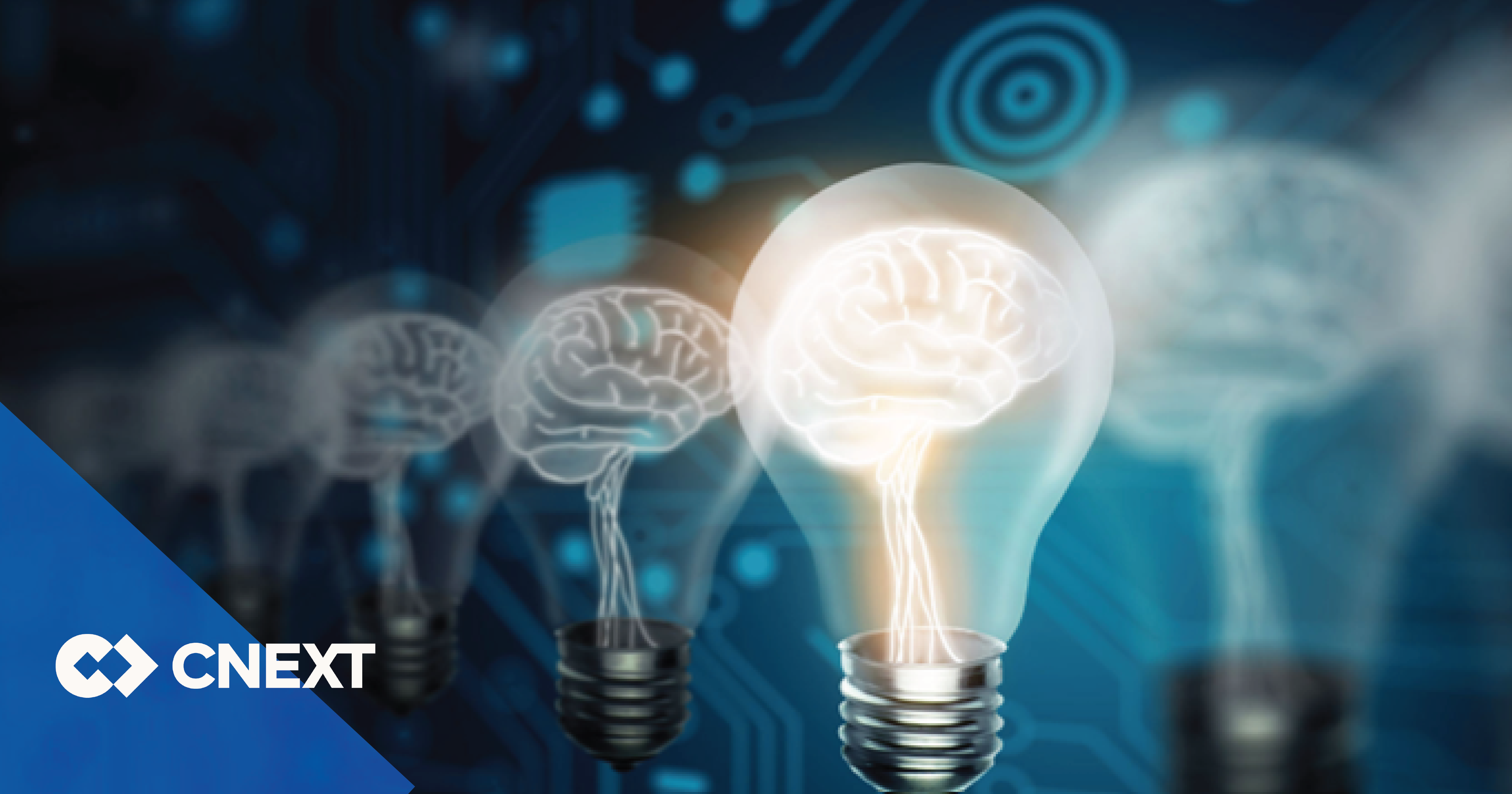The future of work is changing rapidly due to advances in automation, AI, and robotics. These changes impact various sectors and create shifts in employment opportunities. Understanding these shifts and how businesses and individuals can prepare is necessary for navigating this new work landscape.

Impact Across Industries
Gone are the days when automation, AI, and robotics were just topics of science fiction. Today, they stand front and center, significantly impacting various sectors and changing the face of industries.
Manufacturing: Robots in manufacturing enhance production lines, improving efficiency, consistency, and safety. Collaborative robots work alongside humans, performing dangerous or repetitive tasks.
Healthcare: Technologies from AI-powered diagnostics to robotic-assisted surgeries are revolutionizing medical care, increasing accuracy and personalization.
Finance: In the financial sector, algorithms process large data sets for real-time insights, automate trading, and provide personalized investment advice.
Transportation: The emergence of self-driving vehicles and AI-driven logistics is transforming transportation, offering the potential for increased safety, efficiency, and environmental sustainability.
Retail: Automation in retail includes chatbots for customer service, robotic inventory management, and personalized marketing through AI algorithms.
Education: AI is used for personalized learning, offering customized paths for students. Robotics introduces hands-on STEM learning, engaging students in new ways.
Agriculture: Robotics and AI are applied in precision farming, helping farmers optimize irrigation, planting, and harvesting. Drones equipped with AI analyze crop health and predict yields.
The common thread? These technologies free up humans to focus on more complex, creative tasks, allowing us to unlock new potential.
Employment Shifts and Opportunities
One of the primary concerns around automation is the potential loss of jobs. According to a study conducted by McKinsey Global Institute in 2023, millions of routine jobs are at risk of automation. However, this disruption also creates new roles requiring new skill sets. For example, there will be a growing need for AI ethics, robotic maintenance, and data analysis experts. The future workforce must be agile, adaptable, and willing to learn continuously.
 Embrace Lifelong Learning: Continuously upgrade your skills through online courses, workshops, certifications, and degrees in emerging fields like AI, data science, and robotics.
Embrace Lifelong Learning: Continuously upgrade your skills through online courses, workshops, certifications, and degrees in emerging fields like AI, data science, and robotics.
Develop Soft Skills: Focus on enhancing creativity, critical thinking, collaboration, and emotional intelligence. These skills are uniquely human and are less likely to be replicated by machines.
Stay Informed: Regularly follow industry news, reports, blogs, and podcasts to keep abreast of the latest technological advancements. Understanding the landscape helps in identifying new opportunities.
Network and Connect: Join professional organizations, online forums, and local meetups related to AI and robotics. Building relationships with professionals in the field can provide insights, mentorship, and potential collaboration.
Experiment and Innovate: Don't hesitate to experiment with new technologies or work on personal projects. Hands-on experience fosters a deeper understanding and showcases your abilities.
Seek Professional Guidance: Consider working with career counselors or mentors specializing in tech transitions. Their insights can help tailor your learning path and career growth strategy.
Focus on Interdisciplinary Skills: The future of work will require a blend of skills across different domains. Combining expertise in areas such as biology with AI, or design with robotics, can make you stand out.
Emphasize Adaptability and Resilience: Cultivate a mindset that embraces change and remains positive in uncertainty. This resilience will serve you well as the job market continues to evolve.
How to Prepare: Strategies for Businesses
Invest in Training: Create training programs that enable employees to adapt to new technologies. This not only boosts morale but ensures that the workforce remains relevant.
Implement Ethical Guidelines: As AI plays a more prominent role, businesses must implement ethical guidelines to ensure responsible usage.
Foster a Culture of Innovation: Encourage employees to experiment and innovate. A culture that embraces change will likely thrive in the evolving landscape.
 The evolution in automation, AI, and robotics is not on the horizon—it’s here, reshaping the work landscape. A strategic approach focused on continuous learning, ethical technology integration, and proactive adaptation is essential for thriving in this transformation. The future of work holds both challenges and opportunities; successfully adapting to this shift is imperative for sustained growth and innovation.
The evolution in automation, AI, and robotics is not on the horizon—it’s here, reshaping the work landscape. A strategic approach focused on continuous learning, ethical technology integration, and proactive adaptation is essential for thriving in this transformation. The future of work holds both challenges and opportunities; successfully adapting to this shift is imperative for sustained growth and innovation.






